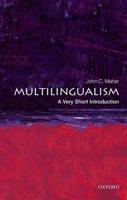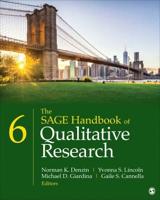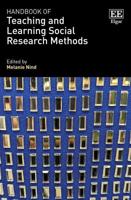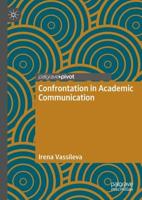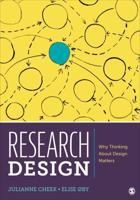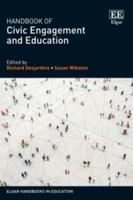Publisher's Synopsis
This book juxtaposes superdiversity with the reality of English-centricity in the United States, set against the long-standing challenges regarding migration and language policy in the US, most recently underlined by Donald Trump's 2016 election win and subsequent aggressive and partially successful attempts to limit migration. The book explores the history, policies, and practices of an adolescent newcomer program in Central Ohio, in the US Midwest, that seeks to provide an equitable and engaging education to its students. It addresses, on the one hand, positive, progressive institutional responses, including an embrace of translanguaging and a willingness to acknowledge and build on students' languacultural backgrounds. On the other hand, the book explores the effects of inconsistent, inefficient and sometimes nonsensical patterns in these responses. The book analyzes student outcomes and argues that, although some students are well-served by the program, tensions in the program lead to uneven, and even troubling, behavior and results, ranging from poor academic performance to dropping out. Finally, the book addresses ongoing evolutions and debates to the program and their potential to realize the program's aspirations.

